According to the Chairman of the Election Commission, R.M.A.L. Ratnayake, Sri Lanka will hold its local government elections on 06 May 2025. About 17.2 million voters will be eligible to vote in this election.
Today’s political environment is very different from the last presidential and parliamentary elections in 2024. Back then, Anura Kumara Dissanayake and the National People’s Power (NPP) won a historic victory, with the executive Presidency gaining a two-thirds majority in the parliament. Now, the government faces new challenges, and the results of this upcoming election will test how the public views its performance.
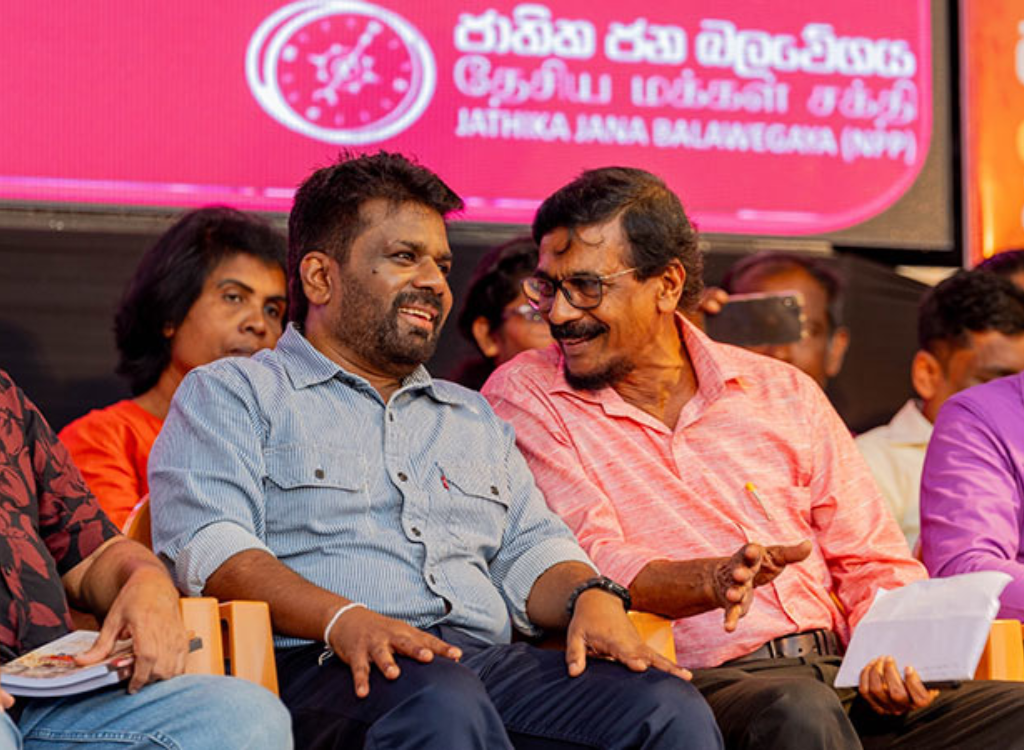
The JVP-led NPP is still expected to win. The question looms large about the margin of victory. The biggest question is: Can the NPP repeat its success from 2024 and keep the 6.8 million votes it got? A significant vote drop could complicate things for the government in the coming years, but a slight drop would be manageable. If they can keep their numbers, the government can say they still have the public’s support, which will further crush the opposition.
The opposition parties are trying hard to stay relevant. Even if they don’t win, they must show they matter. But they are divided and struggling to come together. The United National Party (UNP) and Samagi Jana Balavegaya (SJB) failed to build a joint alliance, even after several discussions and fanfare.
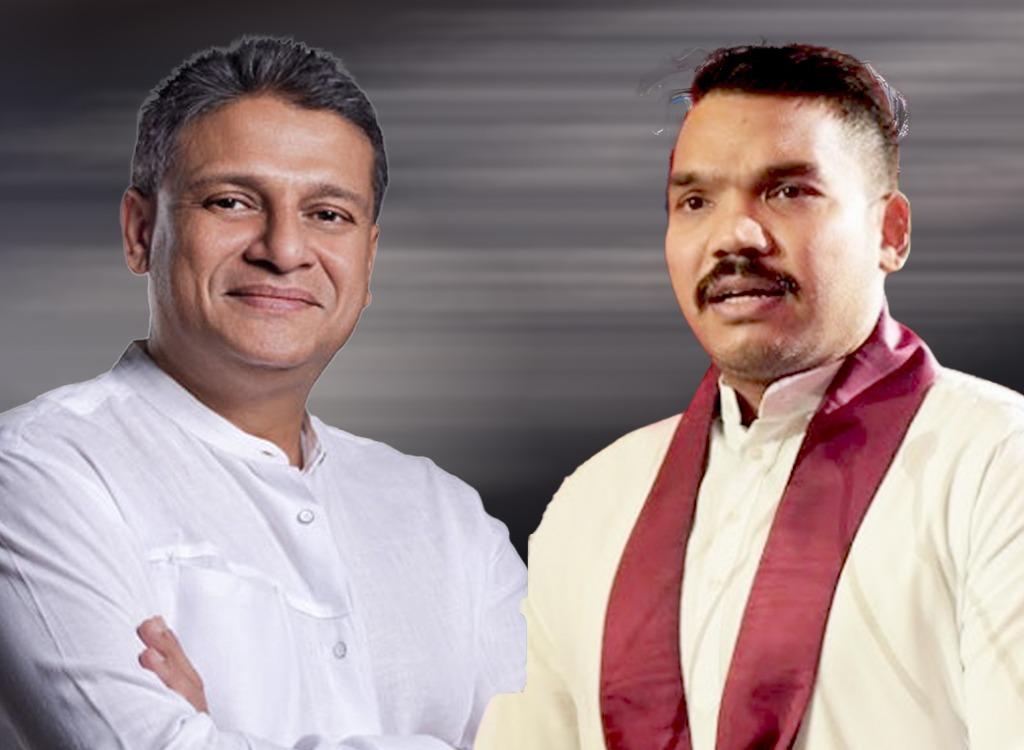
It will be interesting to see the performance of Namal Rajapaksa-led SLPP and Dilith Jayaweera-led Sarva Janabalaya. If at all, the SLPP and Sarva Janabalaya are required to pull votes from the JVP-led NPP voter base, and the erstwhile Green party vote will be shared by the Samagi Jana Balavegaya primarily and the United National Party.
One of the most significant signs of trouble within the SJB came when the party’s chairman, Imthiaz Bakeer Markar, sent a resignation letter to party leader Sajith Premadasa. The letter was short and delivered through a third party inside Parliament. His decision surprised many, and there was confusion in political and media circles about whether it was true or a hoax, as there is no precedent to a senior-level resignation like Bakeer Markar’s.
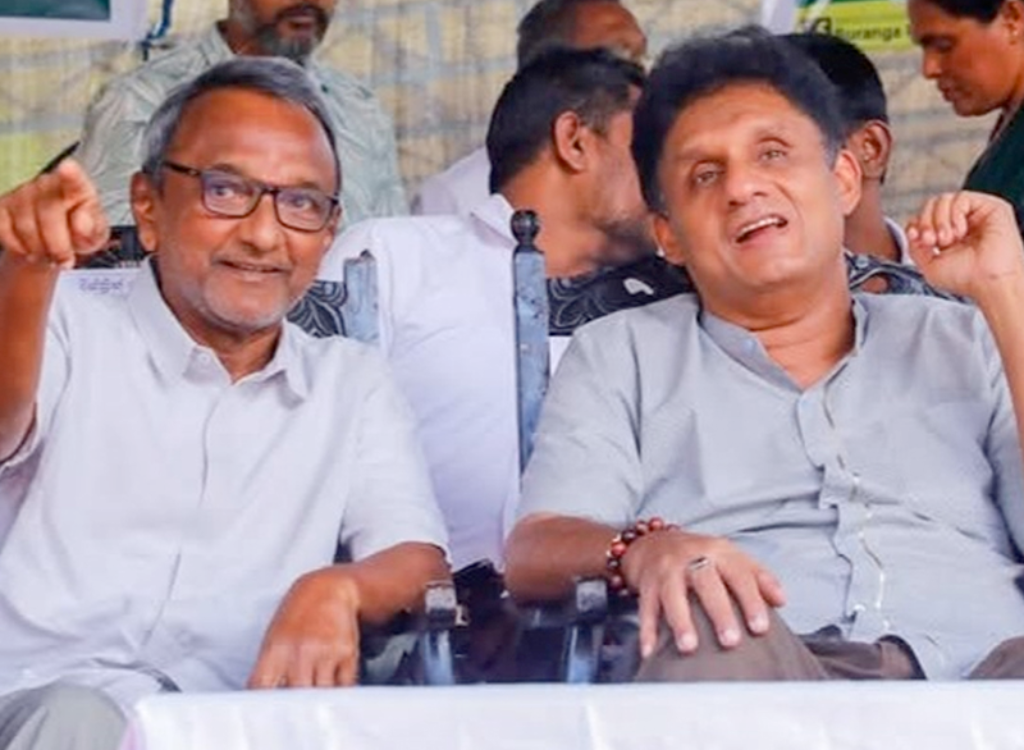
Bakeer Markar has not made any public comments and has refused to speak with senior journalists and editors, some of whom had decades-long relationships with the veteran politician. Credit should be given where it is due; Sajith Premadasa showcased a high level of political maturity in managing the resignation.
Senior SJB leaders Ranjith Madduma Bandara and Tissa Attanayake, both close to Bakeer Markar, publicly stated that Premadasa did not accept the resignation and hoped the issue could be solved peacefully. Madduma Bandara, a former schoolmate of Bakeer Markar at Ananda College, and Attanayake had an over forty-year relationship with the Political Veteran. Premadasa’s choice of Madduma Bandara and Attanayake was a political masterstroke to defuse the tension.
However, an informed source revealed that Bakeer Markar is firm in his decision but will not speak against Premadasa or the party choosing a non-confrontational approach.
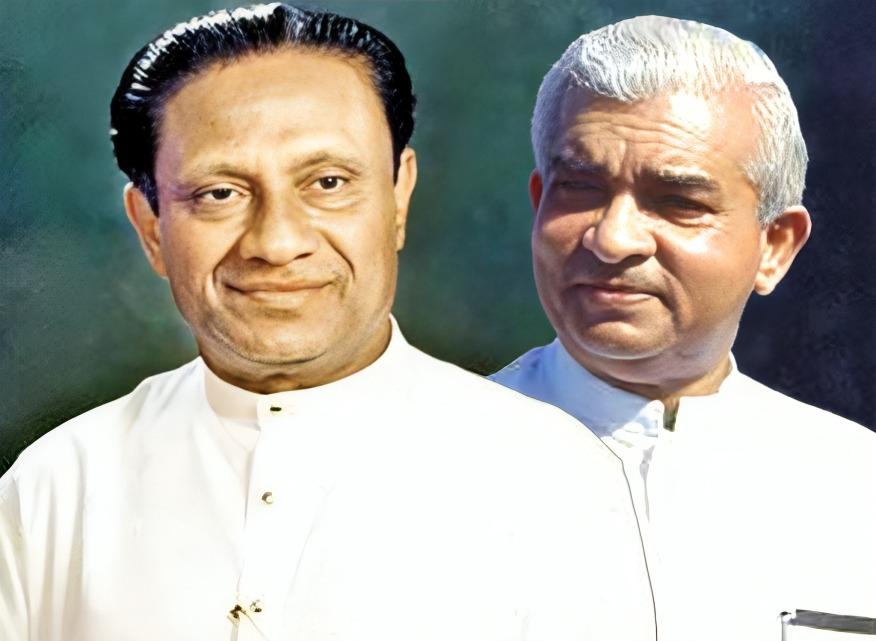
At the same time, politics in the country took another turn when the old Batalanda Commission Report became a topic of debate again. The report, written 25 years ago during Chandrika Bandaranaike Kumaratunga’s time as president, accused Ranil Wickremesinghe of providing political leadership against the JVP rebellion in 1989. The state responded to the rebellion under former Presidents J.R Jayewardene and Ranasinghe Premadasa. Ranjan Wijeratne, state defence minister under President Premadasa, was regarded as the chief architect who crushed the rebellion, and he was on the warpath with the LTTE as well until he was assassinated in 1991. Wickremesinghe was accused based on the Batalanda Commission report.
President Anura Kumara Dissanayake is now in a difficult situation. He leads the JVP, a party that orchestrated the 1989 rebellion and now rules the country peacefully through a democratic victory. Since it’s been tabled in the parliament now, all eyes on the President AKD on the path he would take to see through justice.
Wickremesinghe, for his part, has defended himself multiple times. The latest defence was done through a one-hour interview on TV Derana’s Hyde Park program with Indeewari Amuwatte. However, the Batalanda issue seems to lose public interest unless the government pushes forward aggressively.
While this was happening, his eminence Malcolm Cardinal Ranjith made headlines by criticising the government’s handling of the April 21, 2019, Easter Sunday bombings. The Cardinal is unhappy with the lack of justice for victims. He had made the same accusations against former Presidents Gotabaya Rajapaksa and Ranil Wickremesinghe before turning against them.
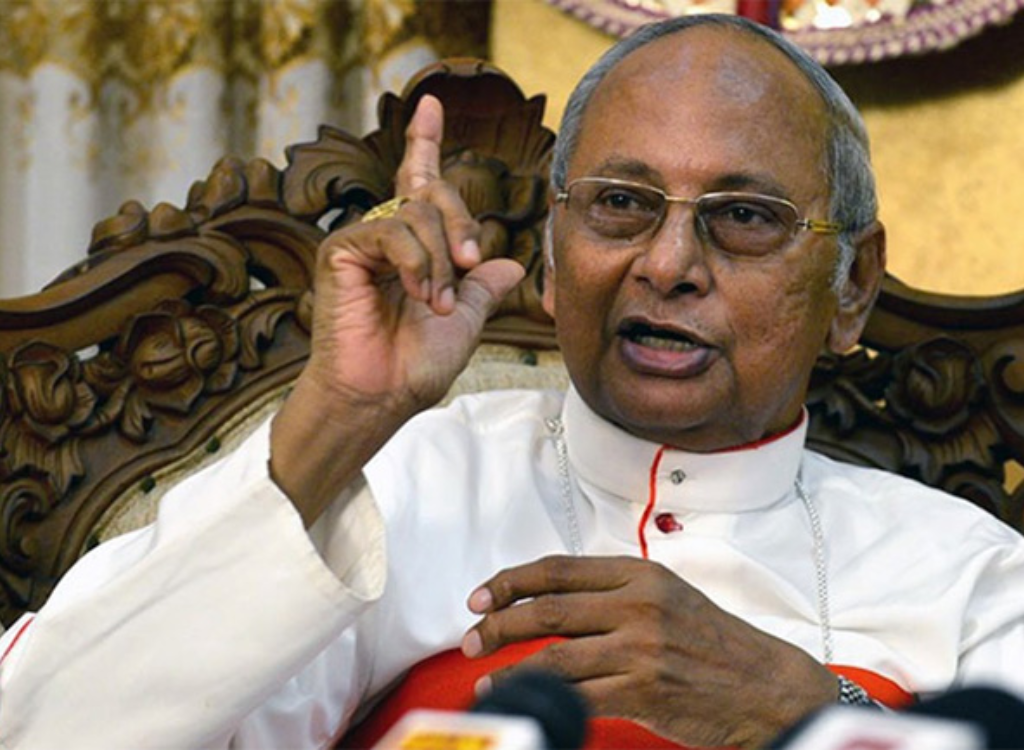
The Cardinal gave the government a deadline to take clear steps before the 6th anniversary of the attack. If nothing happened, he warned that he would lead street protests. As informed sources reported, this public statement did not go well with the JVP hierarchy, but they continued disengaging without confronting the angry Cardinal.
The Cardinal’s comments have added more pressure on the government. Now, the administration faces three sensitive matters at once: the Batalanda report, the Easter bombings, and calls for justice from the final stages of the civil war with the LTTE. This is while the Minister of Foreign Affairs, Vijitha Hearth, the JVP veteran, is defending Sri Lanka on the world stage.
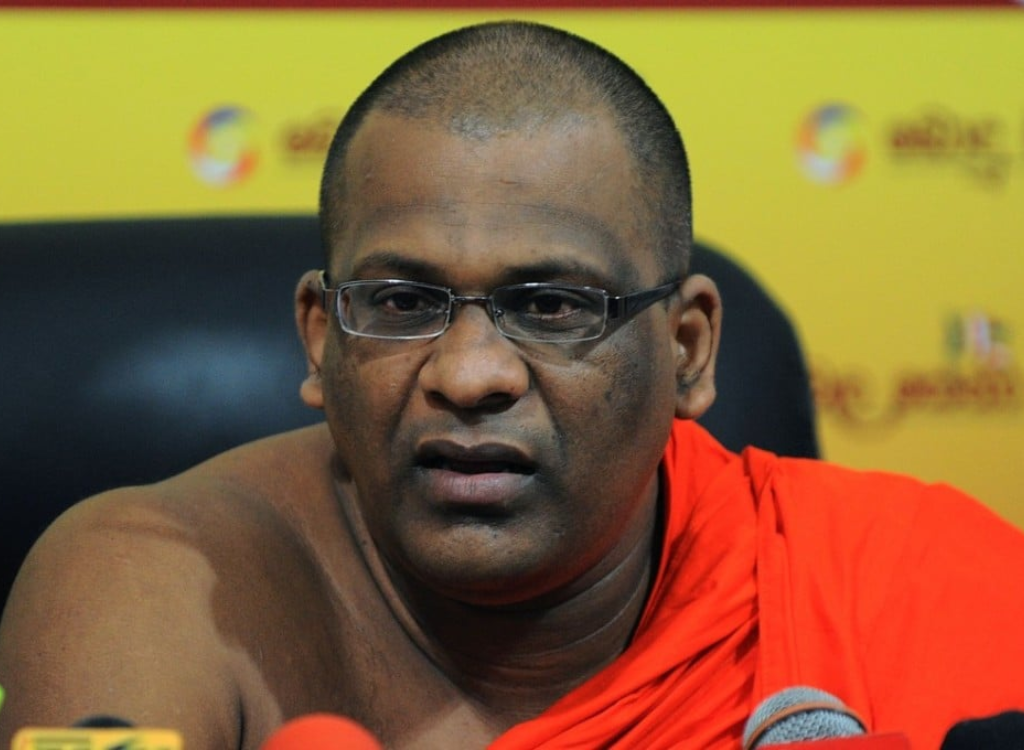
Religious leaders are also speaking out more often. While the Cardinal is vocal, Buddhist monks like Ven. Balangoda Kassapa Thero and Ven. Galagoda Aththe Gnanasara Thero has been holding regular press conferences. Their comments often oppose the Cardinal and add to the growing noise in the public debate.
With all these issues in the spotlight, the government’s first budget under President Dissanayake was completed in Parliament today but hardly noticed. The debates were drowned out by political fights, clashes of the clergy’s narrative, and media noise. The government missed a brilliant opportunity to promote its economic plan and gain public support.
Everything comes down to the local government elections on 06 May 2025. The outcome will send a strong message. Sri Lankans are not as loyal to political parties as they once were. Many are tired of promises and are now only looking for results. If the public feels the government is not delivering, they may show it at the ballot box or stay home without voting.
This election will be a learning moment for all political leaders. Those who fail to listen and perform may be rejected, whether in government or opposition. The people have become more alert, more critical, and less forgiving. Sri Lanka’s political future may start a new chapter this May.
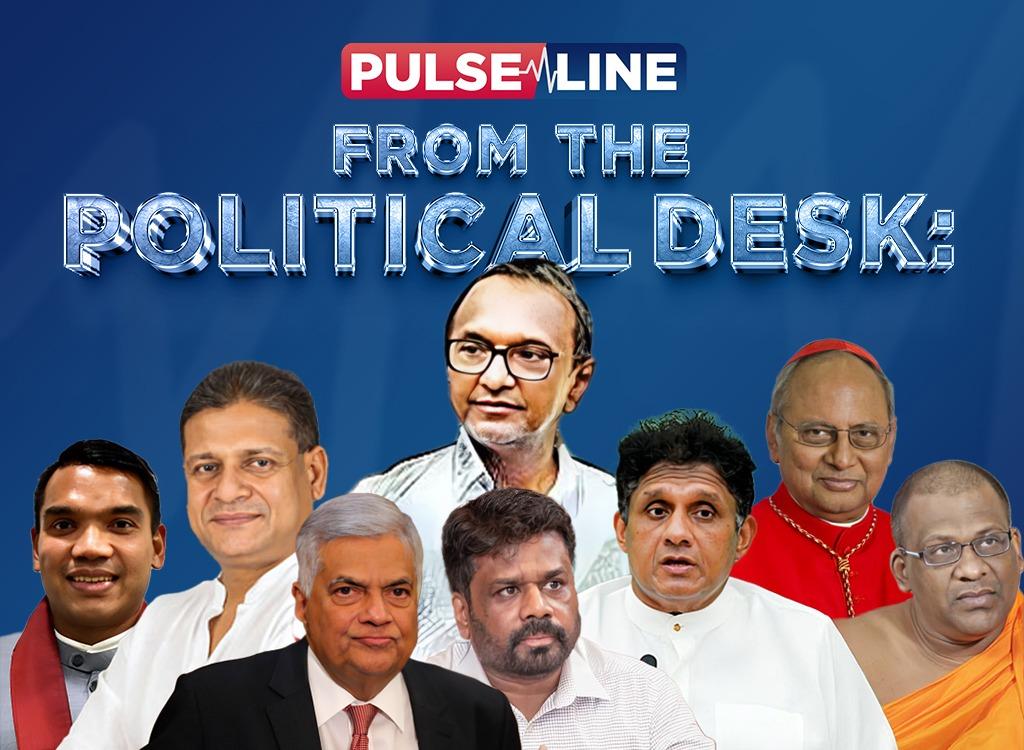
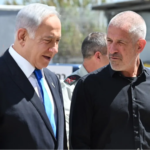
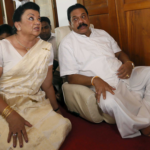


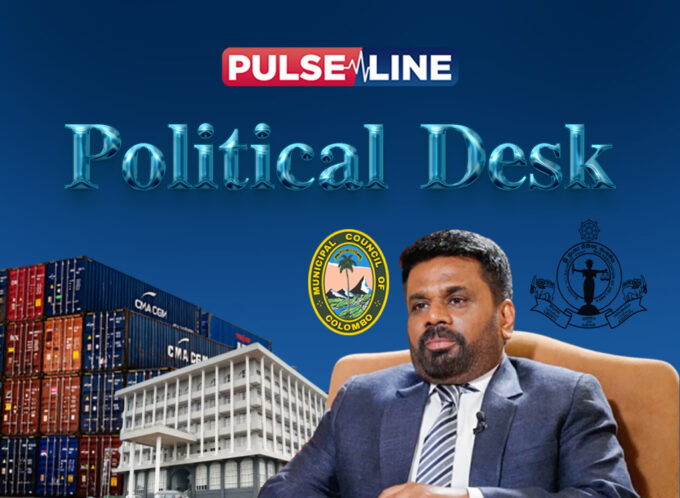
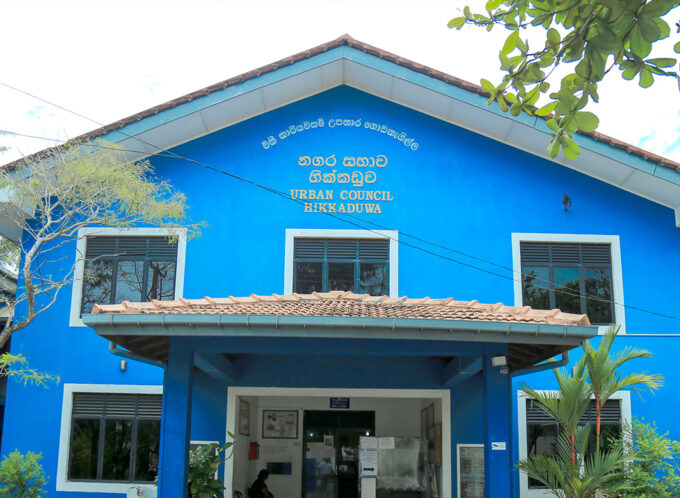

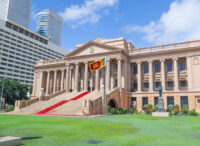


Leave a comment